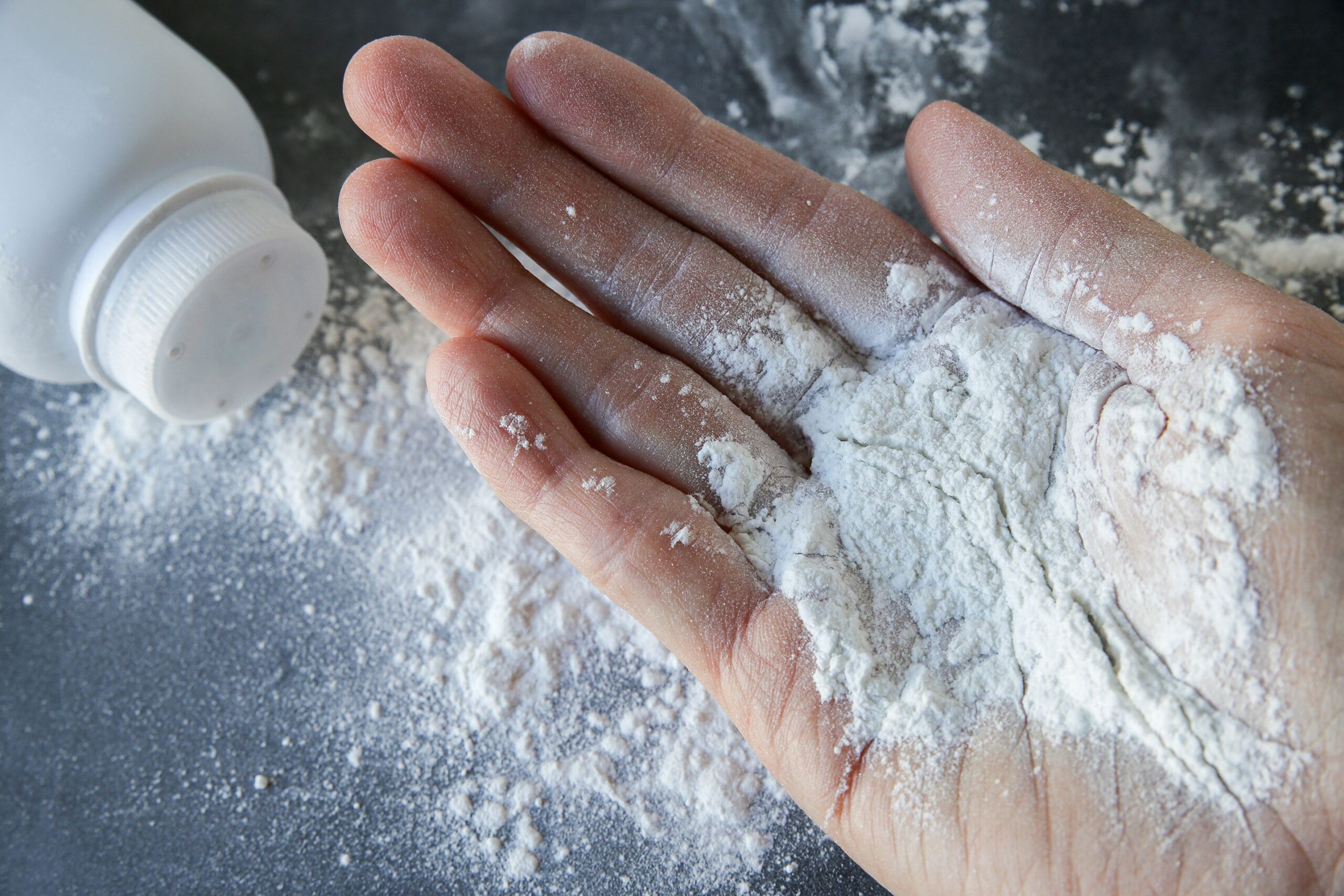
Getty Images
The World Health Organization’s cancer agency on Friday classified talc as “probably carcinogenic” for humans, however an outside expert warned against misinterpreting the announcement as a “smoking gun”.
The decision was based on “limited evidence” talc could cause ovarian cancer in humans, “sufficient evidence” it was linked to cancer in rats and “strong mechanistic evidence” that it shows carcinogenic signs in human cells, the WHO’s International Agency for Research on Cancer (IARC) said.
Talc is a naturally occurring mineral which is mined in many parts of the world and is often used to make talcum baby powder.
READ: Aspartame sweetener set to be declared a possible carcinogen by WHO research arm
Most people are exposed to talc in the form of baby powder or cosmetics, according to the Lyon-based IARC.
But the most significant exposure to talc occurs when talc is being mined, processed or used to make products, it added.
The agency said there were numerous studies which consistently showed an increase in the rate of ovarian cancer in women who use talc on their genitals.
READ: Consumers in Cebu told to avoid buying banned beauty products from China
Cancer-causing asbestos
But it could not rule out that the talc in some studies was contaminated with cancer-causing asbestos.
“A causal role for talc could not be fully established,” according the agency’s findings published in The Lancet Oncology.
READ: FDA orders recall of chemotherapy injectable
Kevin McConway, a statistician at the UK’s Open University not involved the research, warned that for the IARC’s evaluation, the “most obvious interpretation is actually misleading”.
The agency is only aiming “to answer the question of whether the substance has the potential to cause cancer, under some conditions that IARC do not specify,” he said.
Because the studies were observational and so could not prove causation, “there isn’t a smoking gun that the talc use causes any increased cancer risk,” he added.
READ: Cancer patients in PH falling for alternative ‘cures’
Settlement
The announcement comes just weeks after US pharmaceutical and cosmetics giant Johnson & Johnson agreed to pay $700 million to settle allegations it misled customers about the safety of its talcum-based powder products.
Johnson & Johnson did not admit wrongdoing in its settlement, even though it withdrew the product from the North American market in 2020.
A summary of studies published in 2020 covering 250,000 women in the United States did not find a statistical link between the use of talc on the genitals and the risk of ovarian cancer.
Also on Friday, the IARC classified acrylonitrile, a chemical compound used to make polymers, as “carcinogenic to humans”, its highest warning level.
It cited “sufficient evidence” linking acrylonitrile to lung cancer.
The polymers made with acrylonitrile are used in everything from fibers in clothes to carpets, plastics and other consumer products.

